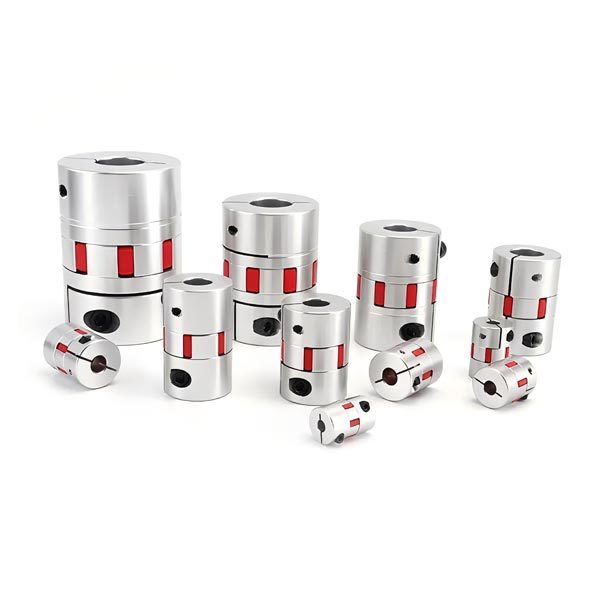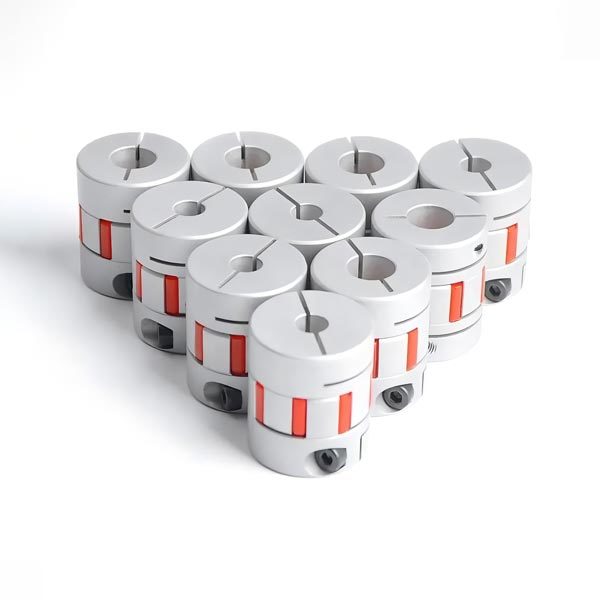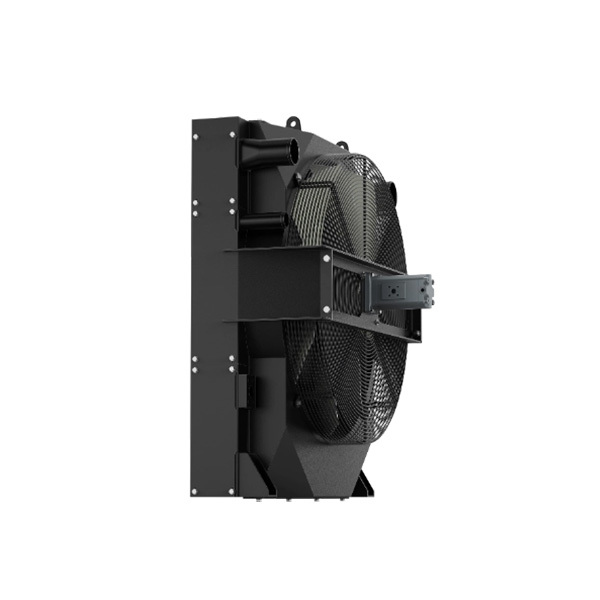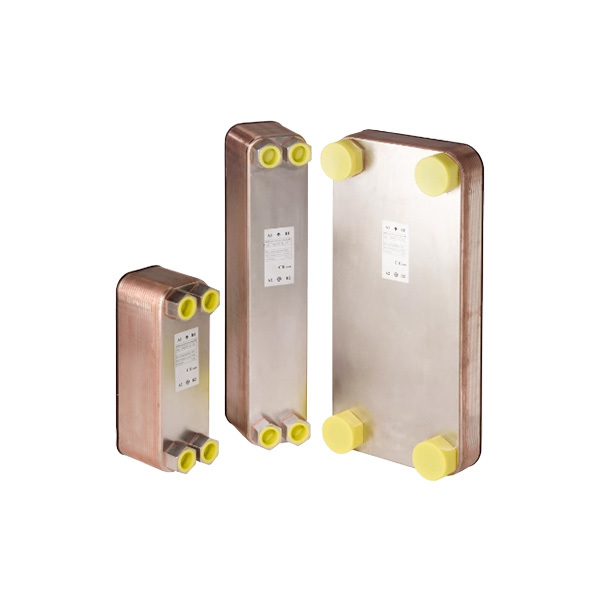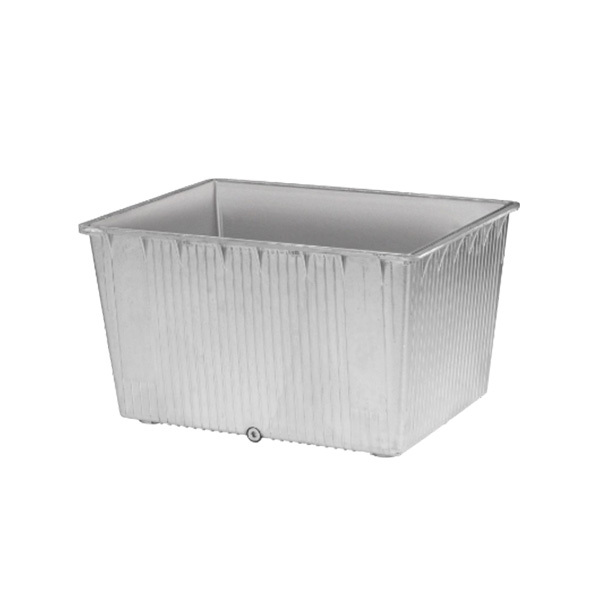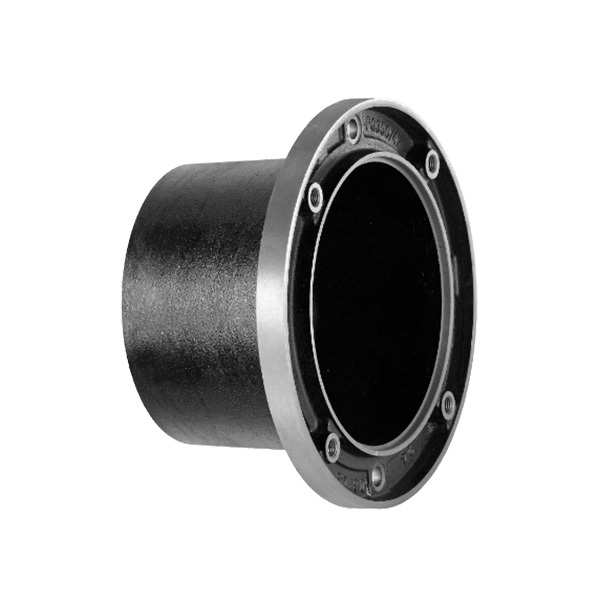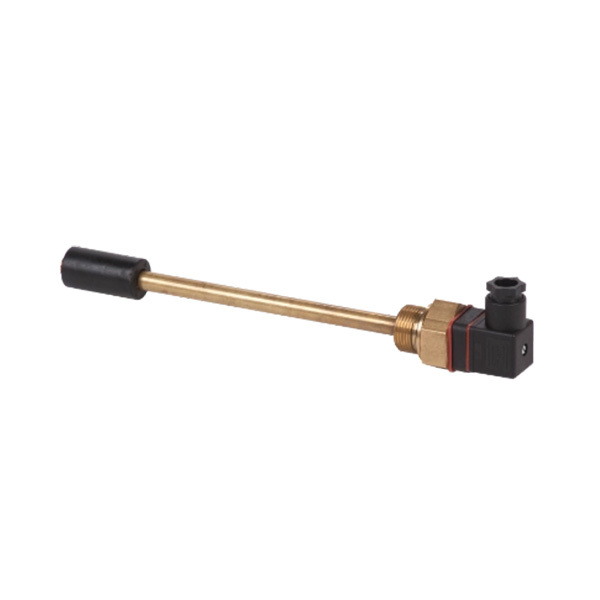PRODUCT CENTER
CONTACT US
If you are interested in cooperation, please contact us immediately, we will give you feedback as soon as possible!
Mobile
"Elastomeric gear design: The coupling is connected with an elastic gear, which is able to withstand high torque loads and absorb axial, radial and angular deviations between shafts.
High-speed balance: Its structural design enables the coupling to maintain good balance when rotating at high speed, reducing vibration and noise.
Durability and reliability: Made of high-strength materials, it has excellent wear and corrosion resistance, and can operate stably for a long time in harsh working environments. "
"Elastomeric gear design: The coupling is connected with an elastic gear, which is able to withstand high torque loads and absorb axial, radial and angular deviations between shafts.
High-speed balance: Its structural design enables the coupling to maintain good balance when rotating at high speed, reducing vibration and noise.
Durability and reliability: Made of high-strength materials, it has excellent wear and corrosion resistance, and can operate stably for a long time in harsh working environments. "
Depending on the application, our MMC combination coolers (Mobile Machine Cooler) combine various media such as oil, water, fuel and air into a cooling system that is calculated and designed according to the application.
Compressor heat exchangers and special hydraulic systems complete the portfolio. Each MMC is a special project version calculated and developed by our engineers.
The main areas of application are the cooling of engines and hydraulic oil in construction machinery and agricultural machinery with narrow installation spaces.
In mobile machinery, various cooling circuits can be combined with each other in a combination MMC cooler in several ways: hydraulic oil, transmission oil, lubricating oil, engine oil, fuel, coolant, charging air and water glycol.
Oil/water cooler performs cooling very efficiently. Since water has high thermal conductivity, oil/water coolers have a very compact design while maintaining high cooling capacity. There are mainly two types of oil/water coolers used in hydraulics: plate heat exchangers or tube bundle heat exchangers.
Compact and high-performance oil/air coolers of the OAC and OPC type for cooling hydraulic, gear, lubricating and engine oils as well as water glycol.
In addition to the marine and ATEX version, the coolers are available in combination with thermal or pneumatic valves. The main areas of application are hydraulic power packs, machine tools, hydraulic presses, wind and rail technology as well as the ferrous metal industry.
In addition to our wide standard range of steel tanks, aluminium tanks and oil sumps, we are happy to manufacture steel and stainless steel tanks to your specifications with maximum performance. Tank capacity up to 130,000 litres.
Our range of tanks is complemented by accessories such as oil pans, level and temperature switches, cleaning caps, etc.
Pump Dampers, Components and Accessories
Cast iron or nodular iron impellers for applications with special requirements, such as high loads and operating conditions, as well as for marine (salt water) and underground applications.
Type PG has been developed for heavy pump combinations such as mobile, offshore and underground applications.
Temperature control and temperature difference
The viscosity of hydraulic oil is one of the main parameters for the long service life of the hydraulic system. It is proportional to the oil temperature:
When starting the hydraulic system, the oil temperature is relatively low and therefore the viscosity is high. This leads to increased friction and cavitation of pumps and motors, which affects the service life.
Too high temperatures can also damage the hydraulic system. Too high temperatures can damage both the seals and the oil itself.
There are effective, simple solutions for monitoring and controlling such temperatures. This will increase the service life of the entire system.
Equally important is monitoring the oil level. Too low an oil level can cause air to be sucked into the pumps. This can lead to damage to the pumps and adjacent hydraulic components.



